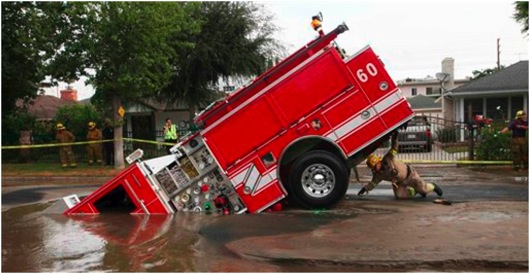Disasters and epidemic disease continue to mark this new century: Haiti’s earthquake, Pakistan’s flood, measles’ blight, and Zimbabwe’s cholera. The title waves in Japan last week are the most recent reminder of life’s vulnerability. The heartening response from many is to donate personal time, talent, and treasures to provide rescue and assistance to those in distress. But rescue alone has significant shortcomings: Most crises are far easier to prevent, rescue is costly, repeated & predictable rescue is shortsighted.
We must move beyond the rescue mentality and pursue those interventions that actually build more resilient communities. In the case of the world poorest communities, these interventions often include economic development, improvements in basic literacy, and proven effective health interventions like adequate nutrition, safe drinking water, reproductive health, vaccination, injury prevention, and well child care. We must also invest into equipping local healthcare personnel to provide for their own.

